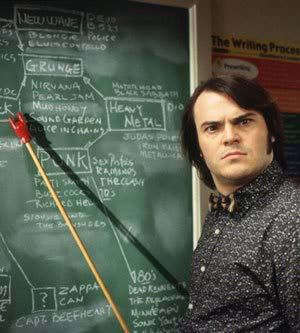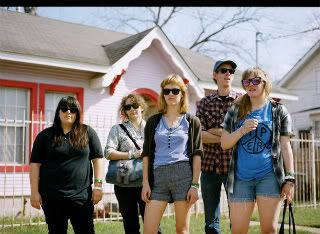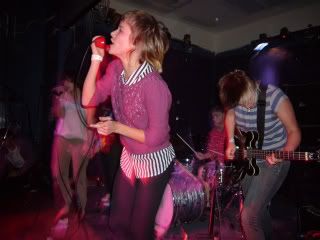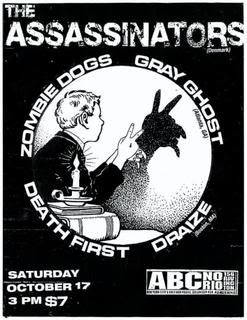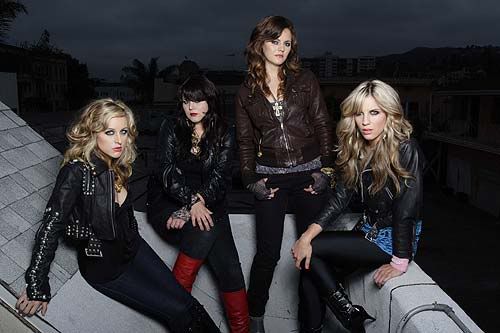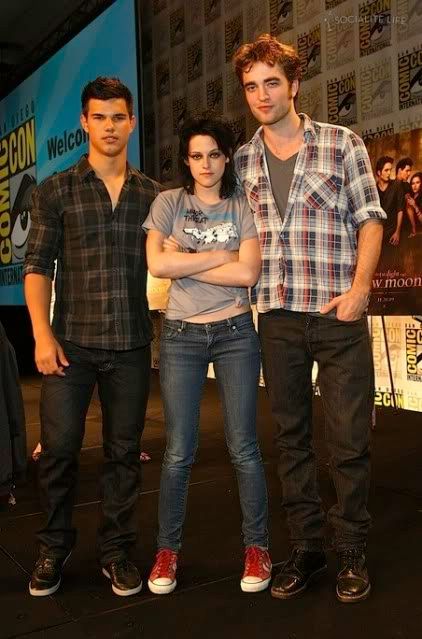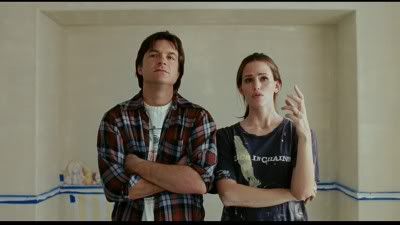 "You know you're working in a patriarchal society when the word feminist has a weird connotation. -- Self-proclaimed feminist and actress Ellen Page
"You know you're working in a patriarchal society when the word feminist has a weird connotation. -- Self-proclaimed feminist and actress Ellen Page
It's happened once again: my friend Jackie posted a link to one of my recent posts, only to be met with unnecessary hostility from her guy friends. I don't particularly care to talk about it, but I will because there's some chance that it could be helpful to other feminists who have faced harassment or criticism.
"Criticism" is probably too good a word for the facebook comments my post got. In one of them the commenter related an experience with a 'crazy feminist' he had worked with who had 'prattle[d]' on so much about 'sexist conspiracies' that she'd 'ruined' feminism for him, and thusly couldn't read things like my blog. But then he said that of course he was a feminist 'on principle'. Right.
I chose to respond because I was infuriated by his lack of regard for his so-called friend, which I said in my response. I told him that it's not feminist at all to equate feminism with insanity, paranoia, and lack of logic, to treat his friend so poorly, or to blame a woman for ruining feminism for him. I told him that if he can't be a feminist, he should at least try to have good manners.
His response to this was to delete his comments, send me a very nasty personal message, and then block me. His message called me a narrow-minded fanatic, and said that my blog is 'not compelling -- but what the hell, traffic is traffic.'
I'm going to force myself to admit something: it hurt. Even though I know that there's no reason to take anything this jerk says seriously, it hurt.
I don't like to admit it for a few reasons. First, because if I admit that he got to me, it feels like he wins, even though he clearly loses, having exposed himself as a sexist jackass. Second, it feels like me saying that I'm wrong and that he's right, even though I know that what he did is wrong, and know that I stand by my blog. Finally, I hate to admit because I've been indoctrinated to believe that to be hurt by something like this is a sign of weakness, and weakness is feminine and thus bad.
I also don't like to admit that the entire experience of several days of back and forth with this immature individual has made me feel a bit reticent about blogging. What does it say about me and my convictions if one ignorant wank can affect me so much? Again, it feels like he wins.
But after thinking about it a lot, I've come to the conclusion that it's important to be open about how you feel and challenge the notion that such emotions are shameful, and that it's perfectly acceptable to be hurt. It's acceptable to be scared, because publicly proclaiming feminist ideas comes with the occupational hazard of getting shot down, and maybe you're worried that you can't handle it.
It's depressing that the word 'feminist' always seems to be met with this kind of comment. Once you accept that it's part of what you've signed on for as a feminist writer, performer, activist, or feminist anything, it becomes a question of how to deal with it. And so if you'll indulge me, I'll share how I've coped.
1. Talk about it. Don't be afraid to tell your friends that some sort of sexist comment hurt you. Let them support you and trust it when they agree with you. And if they don't support you, well, find someone who does!
2. Think about it.. Don't be afraid to consider what a comment says, or how it makes you feel. You're entitled to those emotions, and you'll probably learn something from them.
3. Respond -- or don't. Every situation, and every feminist, is different. Sometimes answering your critics is the right thing to do, and sometimes it isn't. A smart, sassy response can feel satisfying, but then so can quietly knowing that you're confident enough to not say anything back. It really depends on what's right for you.
4. And when all else fails: Remember that these comments do mean something. That you're upsetting chauvinists, scaring them with your willingness to call out sexism and your talk of demanding equality from them -- probably means that you're doing something right.
 "You know you're working in a patriarchal society when the word feminist has a weird connotation. -- Self-proclaimed feminist and actress Ellen Page
"You know you're working in a patriarchal society when the word feminist has a weird connotation. -- Self-proclaimed feminist and actress Ellen Page